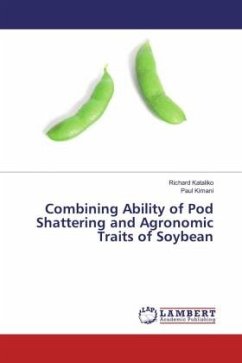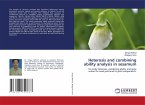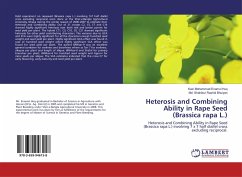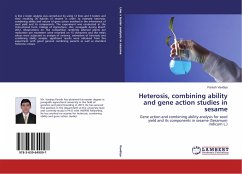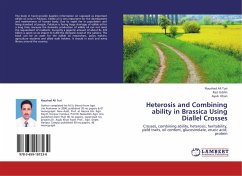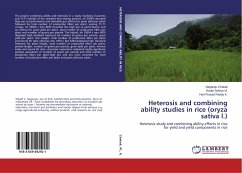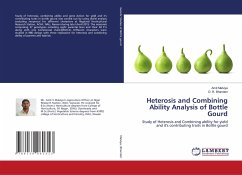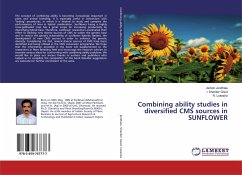Pod shattering is one of the most constraints in soybean productivity in the tropics and may cause up to 100% seed losses in susceptible soybean varieties. To reduce losses, farmers often have to harvest seeds with high moisture content before pods start shattering. Understanding the genetic control of pod shattering in soybeans is a key determinant and can contribute to the development of effective breeding programs for sustainable management. The objective of this study was to determine the genetic basis of pod shattering and agronomic characters of soybean cultivated in Eastern Africa. This study found non-additive gene action to be more important over additive and suggested that heterosis breeding and selection of late segregating generations would be effective to improve pod shattering resistance ability and other agronomic traits in soybean.
Bitte wählen Sie Ihr Anliegen aus.
Rechnungen
Retourenschein anfordern
Bestellstatus
Storno

